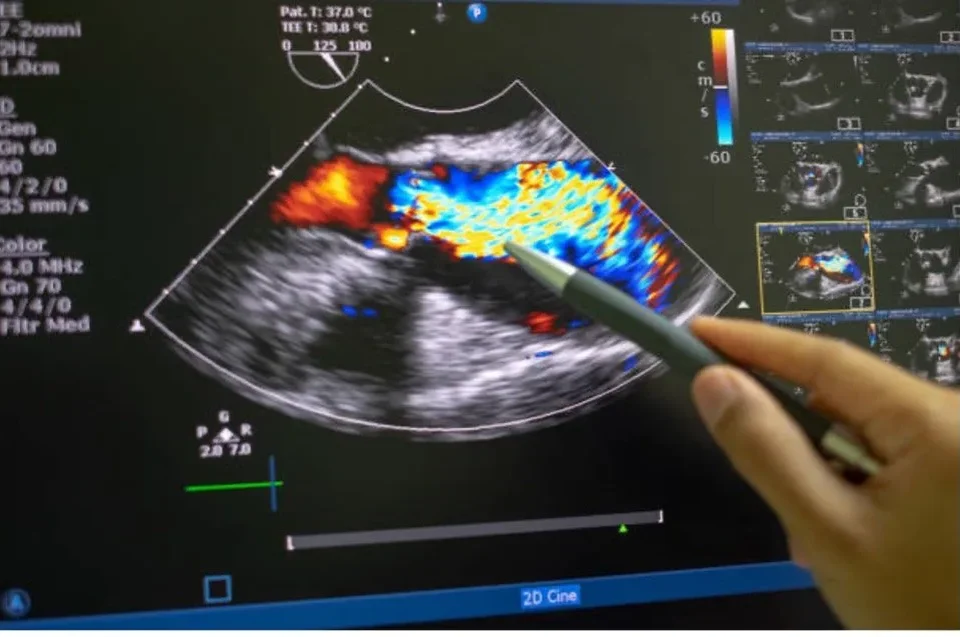
Understanding the Surgical Options for a Deviated Septum
October 3, 2025
How To Choose the Right Cardiologist for Your Needs
October 3, 2025Back pain is a common health complaint, affecting people of all ages and lifestyles. Whether caused by poor posture, injury, or underlying medical conditions, back discomfort can interfere with work, sleep, and everyday activities. Its impact often goes beyond physical discomfort, influencing emotional well-being and overall quality of life. Here’s how back pain affects daily living:
Physical Limitations
Back pain creates significant physical challenges that make simple tasks difficult. People with lumbar pain often struggle to bend down, lift objects, or stand for long periods. Walking up the stairs becomes painful, and sitting at a desk for work can cause increased discomfort.
Sleep quality suffers greatly when pain is present in the back. Finding a comfortable sleeping position becomes challenging, leading to restless nights and fatigue during the day. Poor sleep then makes the pain feel worse, creating a cycle that’s hard to break. Exercise and physical activities become limited or impossible. People may stop playing sports, going to the gym, or taking walks they once enjoyed.
Emotional and Mental Health Effects
Chronic back pain affects mental health in significant ways. People often feel frustrated when they are not able to do activities they used to enjoy. The frustration can turn into sadness or depression, especially when the pain lasts for weeks or months.
Anxiety is another common problem for people with back discomfort. They may worry constantly about when the pain will strike next or fear that certain movements will make it worse. This constant worry makes people avoid activities they may be able to do safely. The unpredictable nature of back discomfort also causes stress. People may cancel plans at the last minute or feel unreliable to friends and family.
Social and Lifestyle Challenges
Back pain often forces people to change their social lives and daily routines. Family gatherings, work events, and social activities may become difficult to attend. People may feel embarrassed about their limitations or worry about being a burden to others.
Work productivity frequently decreases when back pain is present. People may need to take sick days, request modified duties, or change their work schedule. Some individuals may need to change careers entirely if their job requires physical activities that trigger pain.
Household responsibilities become challenging to manage. Simple tasks like cleaning, cooking, or caring for children can cause increased pain. Family members often need to take on extra responsibilities, which can create stress for everyone involved.
Effective Management To Improve Well-being
Effective back pain management requires a comprehensive approach. Here are some strategies to alleviate symptoms:
- Conservative treatments: Options such as physical therapy, anti-inflammatory medications, and activity modifications may be recommended. to strengthen muscles and improve mobility.
- Interventional procedures: These are recommended when basic treatments provide insufficient relief. Epidural steroid injections deliver anti-inflammatory medication directly to the affected area. Facet joint injections and nerve blocks are used to target specific areas causing pain.
- Advanced treatment options: For severe cases, advanced treatment options, such as spinal cord stimulation, may be recommended. Spinal cord stimulation uses implanted devices to interrupt pain signals before they reach the brain.
- Lifestyle adjustments: To prevent further injury and manage discomfort, maintain good posture and proper lifting techniques. You should also stay active within comfortable limits.
By adopting a multifaceted approach, individuals with chronic lumbar pain can experience meaningful improvements in their daily functioning and overall well-being.
Book Your Back Pain Appointment
Back pain significantly impacts physical abilities, emotional well-being, and social relationships. The effects extend far beyond the physical sensation of pain itself. Early intervention and proper treatment can help prevent back discomfort from controlling your life. Contact a qualified pain management specialist near you today to explore your treatment options and take the first step toward improved well-being





